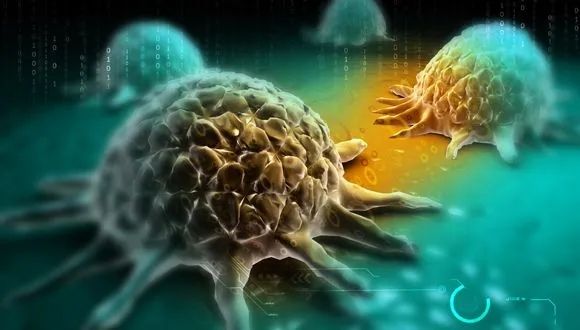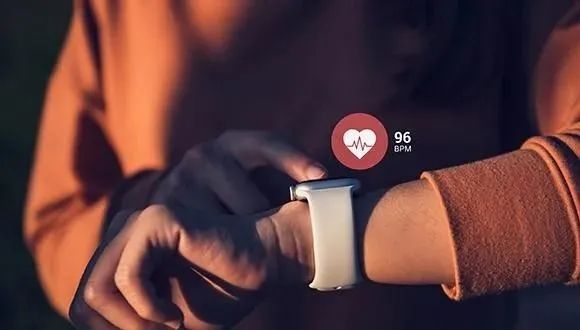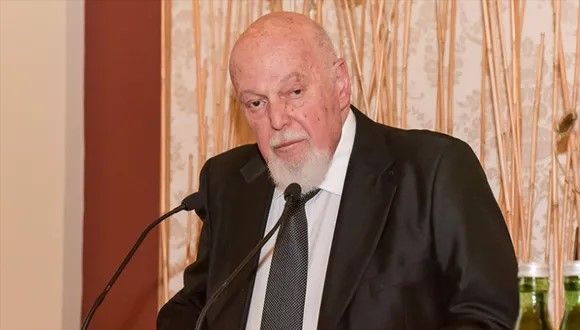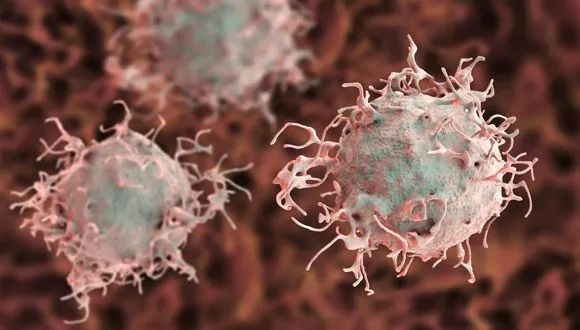
New nanomedicines for mRNA therapeutics in breast cancer and heart failure
Written on | Medicine
The project has been awarded a total of 14.9 million EUR; Prof. Dan Peer is leading the mRNA targeting work package.
TAU researcher Prof. Dan Peer, from the school of Molecular Cell Biology and Biotechnology, is one of 11 partners in the international project EXPERT that has been awarded a total of 14.9 million EUR from the EU Horizon 2020. The project is working to find efficient ways to deliver protein coding mRNA by using various nanoparticles for the treatment of breast cancer and myocardial infarction, which are two of the most pressing health challenges in European society today. Prof. Dan Peer, Director, Laboratory of Precision NanoMedicine, School of Molecular Cell Biology and Biotechnology, George S. Wise Faculty of Life Sciences and Department of Materials Sciences and Engineering, Iby and Aladar Fleischman Faculty of Engineering, Tel Aviv University Center for Nanoscience and Nanotechnology and Tel Aviv University Cancer Biology Research Center.Dan, What is the research about in the EXPERT project?
“It is about developing mRNA therapy for the treatment of breast cancer. Much of it involves testing different methods to improve the delivery of mRNA to cells in vivo. These methods are fundamentally based either on lipid nanoparticles (LNPs), biological nanoparticles called exosomes, or cell penetrating peptides (CPPs). In addition to this, we intend to analyze what these nanoparticles bind to in biological fluids in order to better understand what drives uptake in specific cells types”.What is your and TAU’s part in the project?
“Our lab was the first to show systemic, cell specific delivery of mRNA molecules that express therapeutic proteins in designated cells. We will further develop our ASSET platform for cell specific targeting of lipid nanoparticles to achieve improved delivery of therapeutic mRNAs and optimize formulations that enable systemic administration in different preclinical models. Part of the work will also consist of understanding how nanoparticle surfaces bind to host factors in blood and how this can affect the uptake of nanoparticles”.What happens now, what is the next step?
“We will now see how these delivery methods work side by side in cell culture and animal models. The hope is then to be able to deliver an mRNA cocktail with one of the aforementioned vectors for the treatment of triple-negative breast cancer. In parallel, these vectors will also be evaluated for delivery of VEGF mRNA in the treatment of myocardial infarction”.Related posts






Destroying Cancer: new drug delivery system containing RNA therapy can target cancer cells in bone marrow
31 July 2023





Operation Guardian of the Walls: Women, Young People and Residents of the South Paid the Heaviest Price
12 July 2023



Breakthrough Gene Therapy Offers Hope for Severe Developmental Epilepsy in Children
27 June 2023

Prof. Isaac P. Witz Honored with 2023 Szent-Györgyi Prize for Progress in Cancer Research
26 June 2023

